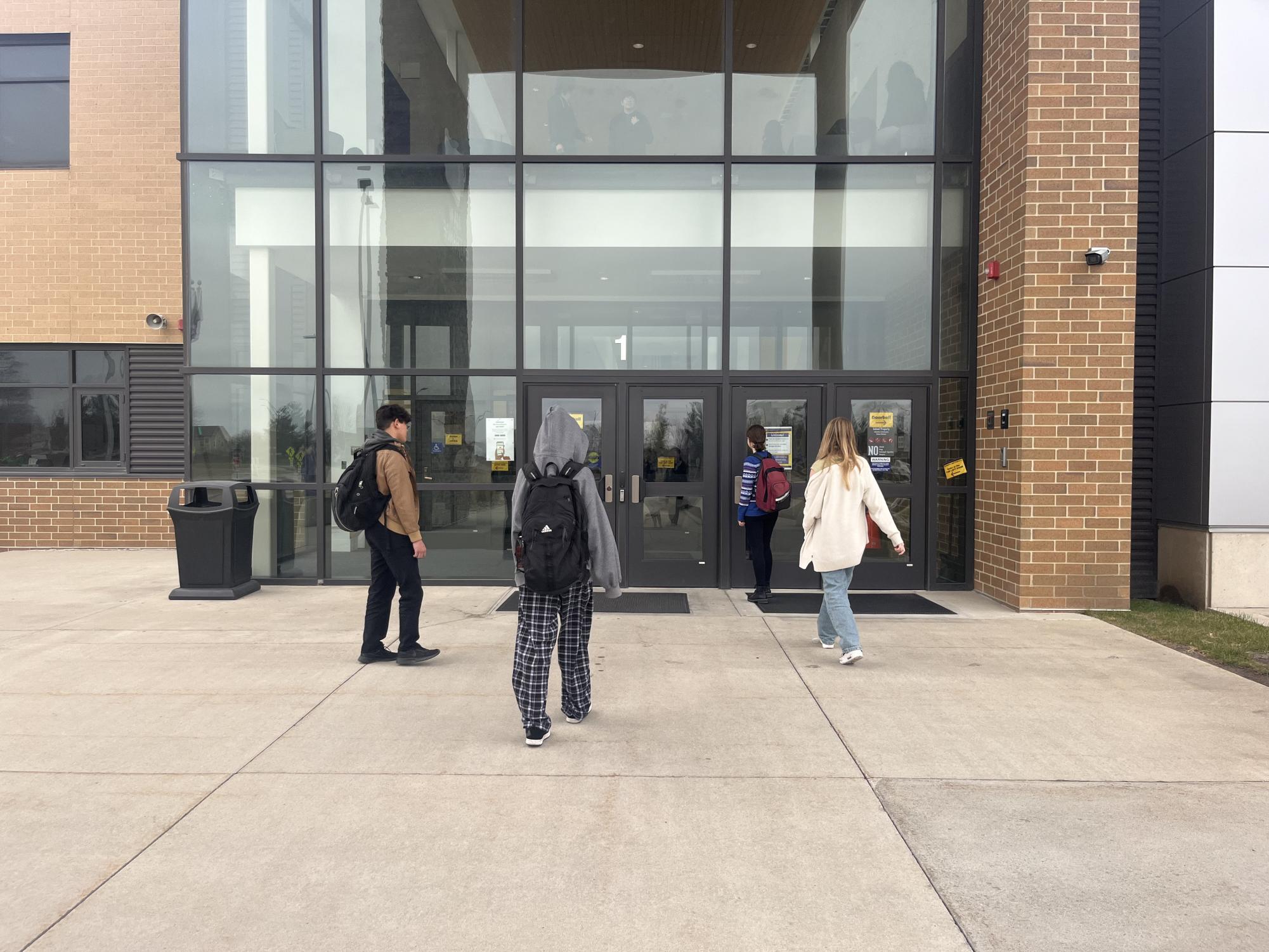Winter burnout; a complication negatively impacting Johnston students mental health and overall work ethic. As we transition into winter, many students report having no motivation and feeling completely burned out.
“I have no motivation to do any sort of homework, studying, anything,” stated Samantha Cornett 24’.
With the new semester approaching students have a strict deadline to submit their final assignments in each class. Hastily getting through mounds of homework and studying to ensure a successful end of the semester has been reported as extremely stressful and overwhelming for students. It is especially difficult because in these winter months people find it hard to gather up enough motivation to push through the school day.
We feel most burnt out during this time for a reason, the shorter days, colder temperatures, and decrease in sunlight that we face in the winter have been shown to cause a chemical imbalance in the brain. This can often lead to mental disorders such as depression, taking a toll on a student’s ability to perform their best at school. This phenomenon is not unique to Johnston, opa.hss.gov revealed that an estimated 49.5 percent of adolescents have had a mental health disorder at some point in their lives.
“I feel a sense of dread around the time of winter. I tend to slip into depression, which can mess with my motivation,’ Oliver Vegara 25’ said.
School isn’t the only place where this burnout is prevalent, it has been a struggle to feel motivated for outside activities, work, ect. Long school days followed by hours of outside responsibilities for 5 days in a row can be extremely draining.
“Definitely no motivation, it’s hard to find the will power to get out of bed in the morning, go to school, do all the things, go to work. Doing all of that five days in a row,” Cornett said.
Teachers have taken notice of what the students are going through, and can understand the reasoning behind it.
“I think definitely we have a lot of our breaks and transitions in the winter time, so I think that all their classes, everything, gets bunched in,” stated Aaron Eldridge, an educator at Johnston High School. “I think there’s a workload thing, and then of course all the issues around light and darkness and how they affect humans.”
Teachers are also beginning to feel burnt out as we continue through the winter.
Uninspired, unmotivated, and unable to get through the school day; the feeling of many students at our high school. Winter burnout sometimes feels like it is inescapable—but this is not true: there are many things that can be done to persevere through the winter. Wearetheoneliving.com provides research that adjusting schedules, prioritizing personal life, taking regular breaks, getting enough sleep, setting time aside to relax and reaching out for help can be essential for your mental health during these hard months. Students say that thinking on the positive side of things has been beneficial for them.
“I don’t feel particularly burnt out when I try to give myself something to look forward too everyday, which I understand is hard,” Vegara said.
The “winter blues’ ‘ are not always manageable, Seasonal Affective Disorder (SAD) is a type of depression that is caused by a change in the seasons. There are certain times when everything starts to feel bleak and hopeless, but there is always a light at the end of the tunnel. If you are struggling, whether it be seasonal or chronic, there are always people and Johnston High School that you can reach out to for help.








